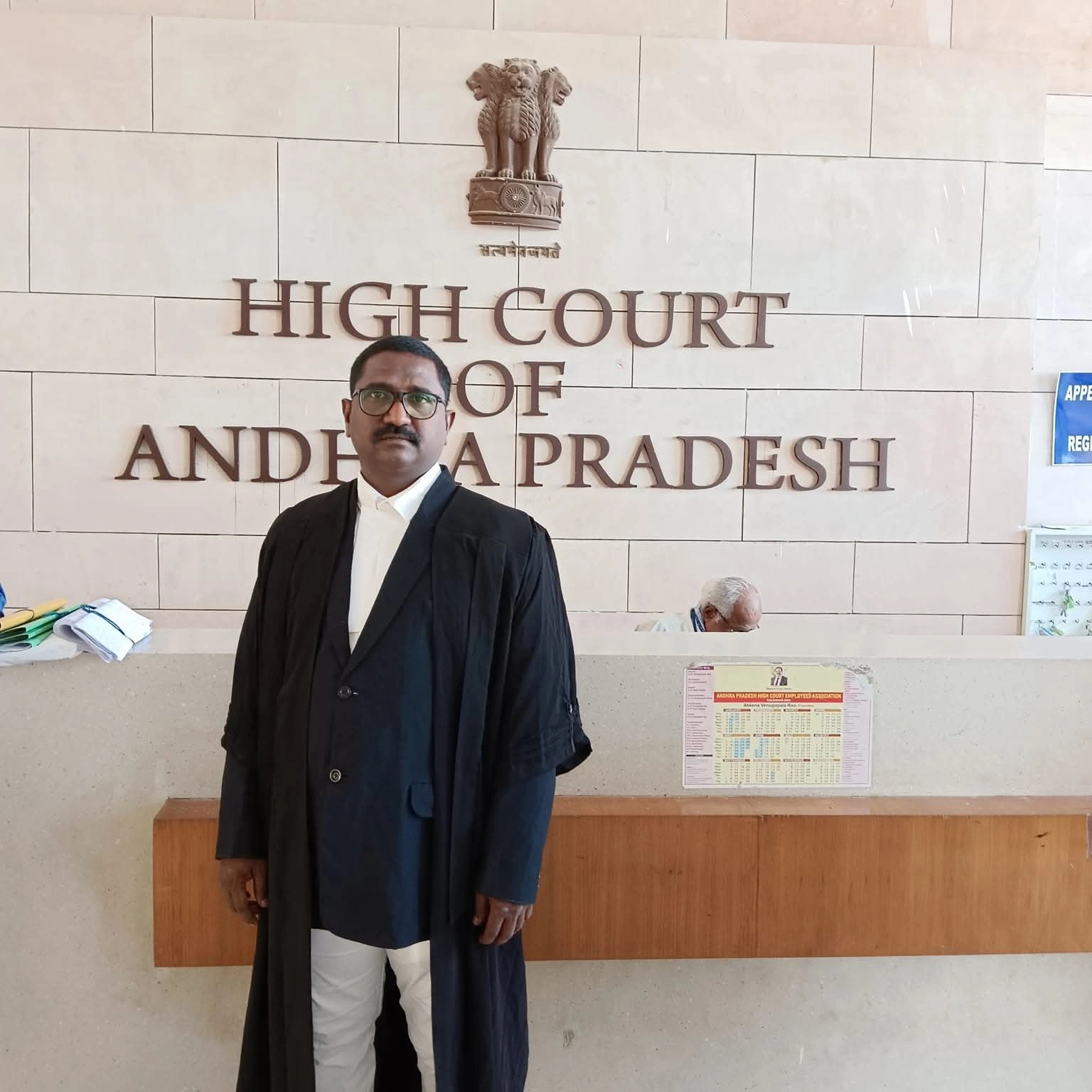Answer By law4u team
Intercountry adoption allows Indian residents to adopt children from foreign countries. The process involves strict legal procedures and requires the involvement of both Indian and international authorities to ensure the best interests of the child. This adoption procedure also mandates the eligibility of prospective adoptive parents and requires careful compliance with the laws and regulations outlined by authorities such as CARA (Central Adoption Resource Authority) and the adoption laws of the child's country.
Steps for Intercountry Adoption for Indian Residents
Eligibility Criteria for Indian Adoptive Parents
The Indian Government, through CARA, has set guidelines for eligibility. Generally, the prospective adoptive parents must be:
- At least 25 years old and not more than 45 years older than the child.
- Emotionally stable and financially capable of providing for the child.
- In a stable marital relationship for at least two years, though single parents may also be allowed to adopt depending on circumstances and the child's needs.
Registration with Adoption Agencies
Indian residents must first register with a licensed adoption agency or authorized body under CARA. The agency will evaluate the prospective adoptive parents and guide them through the process.
Home Study and Evaluation
A comprehensive home study is conducted by the adoption agency, which evaluates the living conditions, financial stability, emotional readiness, and psychological suitability of the adoptive parents. This study forms the basis for determining eligibility.
Adoption of a Child from a Foreign Country
Foreign Adoption Agencies
In the case of intercountry adoption, Indian parents must work with an approved foreign adoption agency that is recognized by the adoption authority in the child’s country. The agency will identify an eligible child based on the preferences (e.g., age, health) and needs of the adoptive parents. Once a child is identified, parents will go through the matching process and are provided with the child’s medical and background information.
Legal and Administrative Procedures
Immigration Laws
Indian residents must adhere to foreign adoption laws and immigration requirements. After approval from CARA and the foreign adoption agency, the adoption must be finalized in the child’s country and then recognized in India. The child will need to obtain a Visa for India through the respective embassy or consulate before arriving. Indian courts must validate the foreign adoption decree under Indian law, ensuring compliance with Indian adoption standards and child welfare laws.
Post-Adoption Follow-up and Support
After the adoption, CARA mandates post-adoption follow-ups to ensure the well-being of the child and the adoptive family. This includes regular visits and reports for up to two years from the adoption. Parents must submit reports on the child's progress to both the Indian and foreign adoption authorities.
Finalization and Legal Recognition
The final adoption order is granted after verification, which allows the adoptive parents to take full legal responsibility for the child. This step ensures that the adopted child becomes an official member of the adoptive family under Indian law.
Legal Protections and Guidelines
CARA (Central Adoption Resource Authority)
CARA is the central authority responsible for overseeing and regulating the intercountry adoption process in India. It ensures that the adoption is carried out in compliance with international norms and the Hague Convention on Intercountry Adoption.
Hague Convention
India is a signatory to the Hague Convention on Protection of Children and Co-operation in Respect of Intercountry Adoption (1993), which sets standards for ensuring ethical practices in international adoptions and preventing child trafficking.
Foreign Government Regulations
The regulations in the child’s country of origin must be followed, and a formal adoption process is usually required, including court approval in the foreign country. Some countries may require additional documentation and interviews.
Example
Suppose an Indian couple, Raj and Priya, wish to adopt a child from the United States. They would first apply through a licensed adoption agency in India, registered with CARA. After completing the home study, the agency will begin matching them with a child from the U.S. If a child is identified, the couple will then go through the U.S. adoption process, involving legal procedures in the U.S., obtaining the child's immigration visa, and completing medical and background checks. Once the adoption is finalized in the U.S., the couple returns to India, where the adoption is legally recognized by an Indian court, completing the intercountry adoption process.







